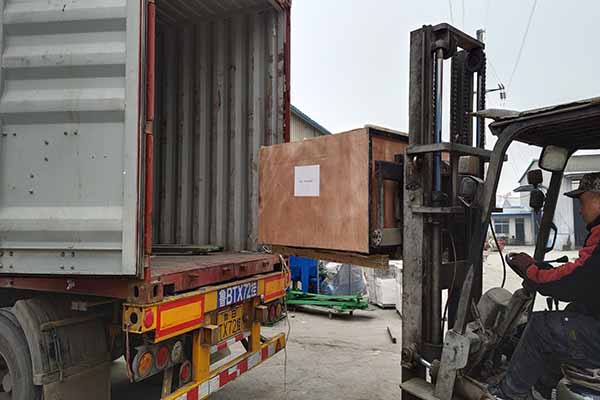Sustainable Chicken Farming Practices: A Guide for Modern Chicken Producers
Introduction to Sustainable Chicken Farming
As the demand for chicken as a source of protein continues to rise globally, it is crucial for chicken farmers to adopt sustainable practices to ensure the long-term viability of their farms. Sustainable chicken farming not only benefits the environment but also enhances animal welfare and profitability.
Key Sustainable Practices
- Biosecurity Measures
- Implement strict biosecurity protocols to prevent the introduction of diseases.
- Limit access to the farm and regularly disinfect vehicles and equipment.
- Energy Efficiency
- Invest in energy-efficient lighting and heating systems.
- Utilize renewable energy sources like solar panels.
- Feeding Practices
- Use non-GMO, locally sourced feed to reduce transportation emissions.
- Implement a system for food waste reduction and recycling.
- Water Management
- Install water recycling systems to minimize water usage.
- Conduct regular water quality tests to ensure safe drinking water for the chickens.
Financial Benefits
According to a study by the FAO, adopting sustainable practices can lead to a 15-30% increase in farm profitability. Here are some financial benefits of sustainable chicken farming:
| Benefit | Percentage Increase |
|---|---|
| Energy Costs | -15% |
| Water Costs | -20% |
| Feed Costs | -10% |
| Overall Profitability | +15-30% |
Conclusion
Sustainable chicken farming practices are essential for the future of the industry. By adopting these practices, farmers can ensure a healthier environment, improved animal welfare, and increased profitability.
Free Liv-i Mechanical Solutions
At Liv-i, we specialize in providing innovative mechanical solutions for sustainable chicken farming. Whether you’re looking to improve biosecurity, energy efficiency, or feeding practices, our team can help. Contact us today to receive a free, tailored chicken farming design and equipment quote.





